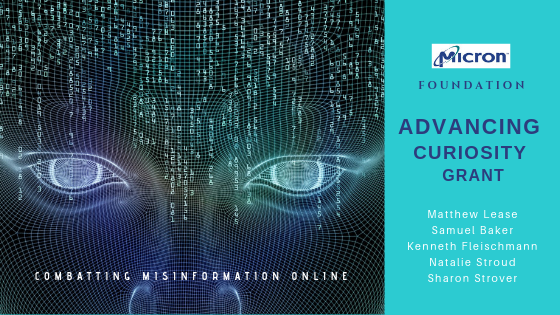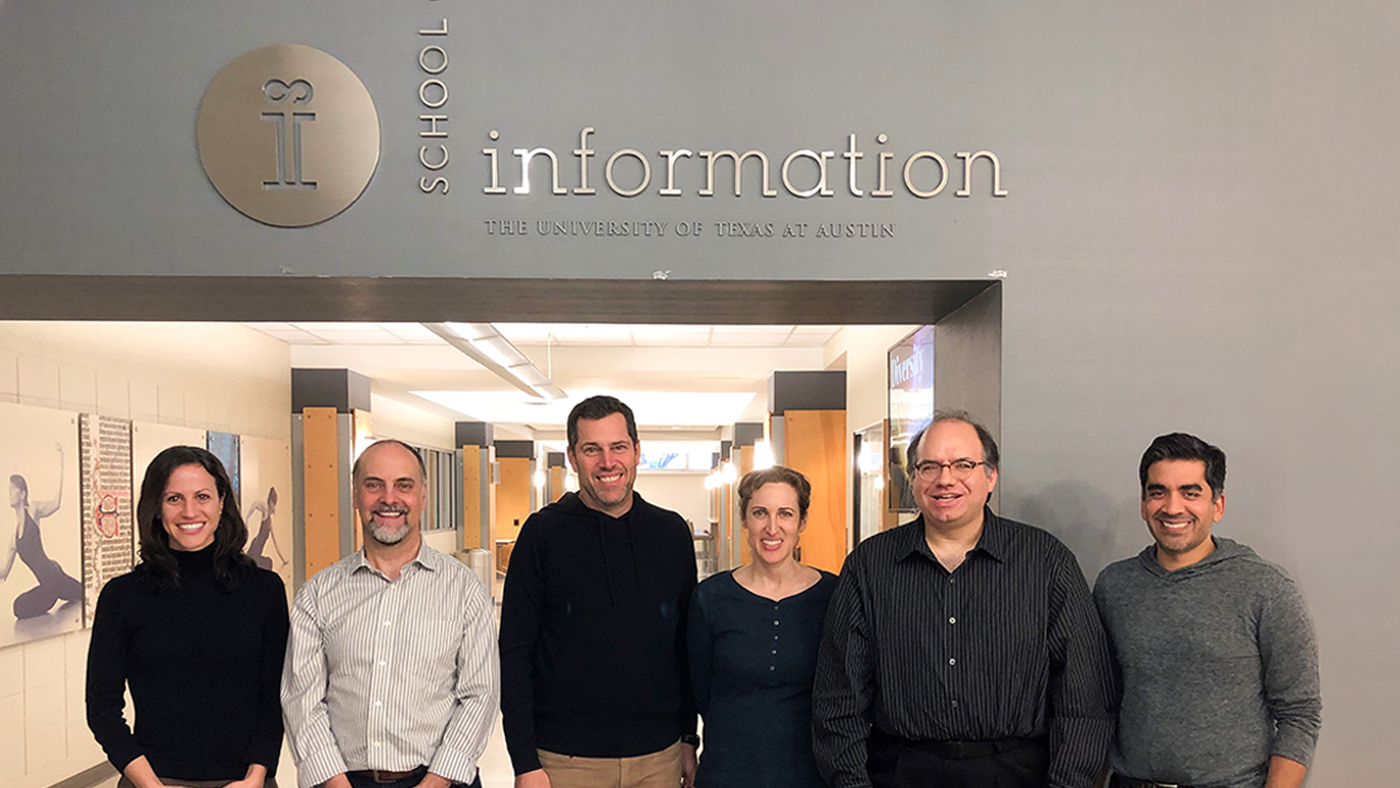Human-Computer Interaction
Individuals will increasingly engage, and even collaborate, with computers as part of work and everyday life. Texas Computing enables a wide range of research to understand and develop the human-technology partnership, design systems to augment human performance, and understand the risks and benefits of new technologies that are critical for creating a healthy, sustainable future.
Featured Research
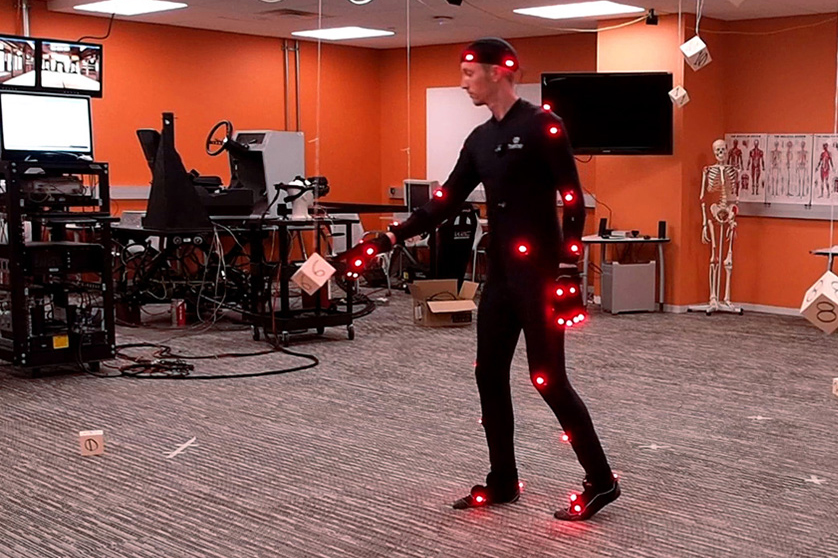
Vision, Cognition, and Action Virtual Reality Lab
Our lab examines two scientific problems: human vision and motor control. The vision research attempts to understand the function of vision in the context of daily tasks. This is particularly interesting because the eye is a finite resource that has to be shared between different cognitive tasks. The second direction of research that we are pursuing involves studying the characteristics of human motion.
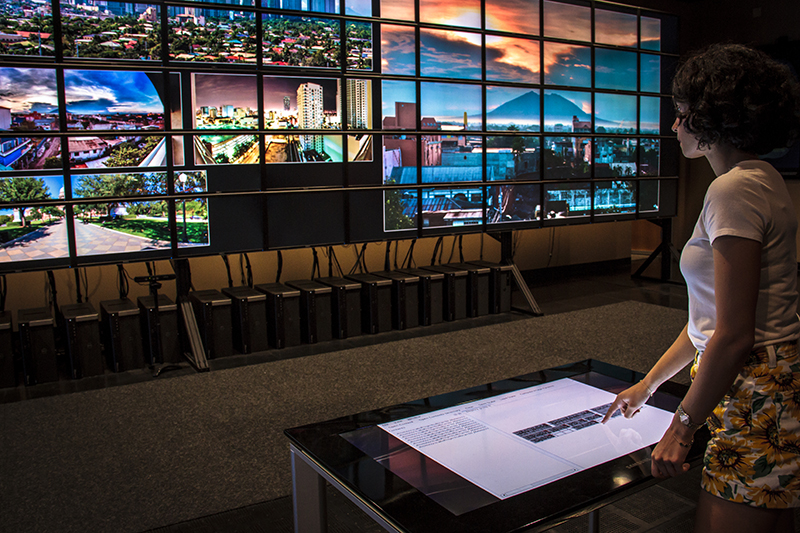
TACC Visualization Laboratory (Vislab)
The Vislab is a state-of-the-art facility where staff explores the intersection between human perception and large-scale visual analysis through the study of visualization and interactive displays. The Vislab serves as a research hub for human-computer interaction, tiled display software development, and visualization consulting.
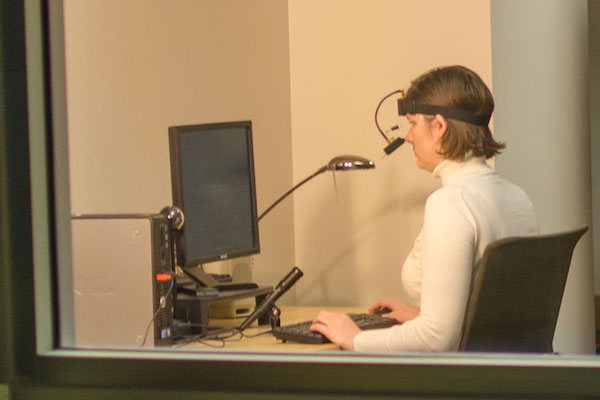
The Information eXperience Lab (IX Lab)
A research facility dedicated to the science of information studies, the empirically-based design of human-information interaction, and the education of graduate students in the process of both. This state-of-the-art lab is used to conduct experiments on human-information processing and usability, accessibility, and other studies of the interaction between humans and information sources.

